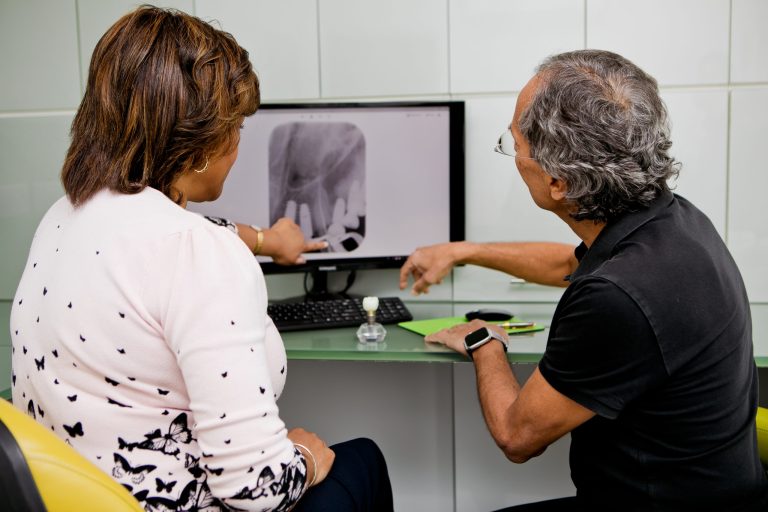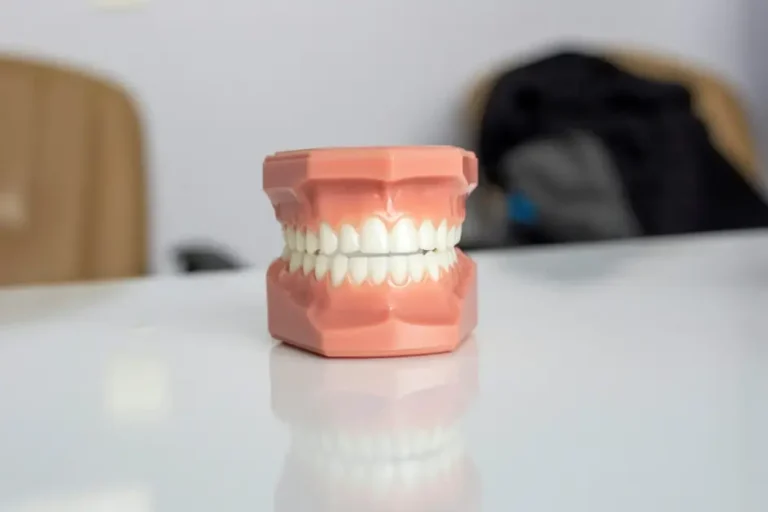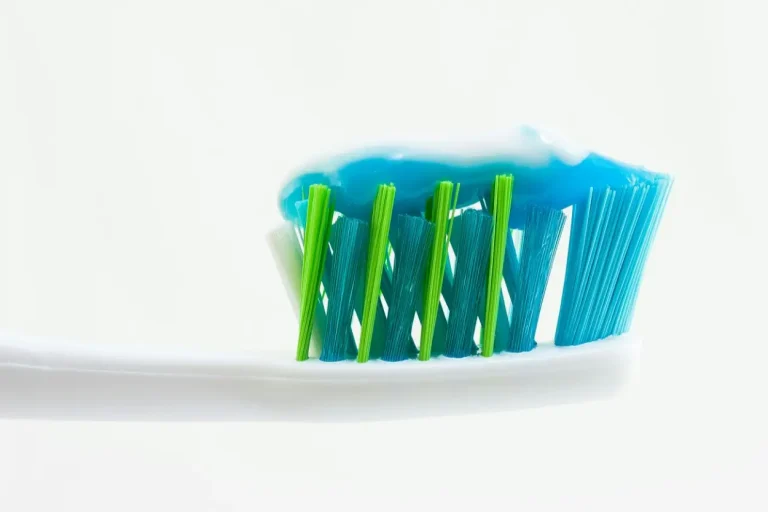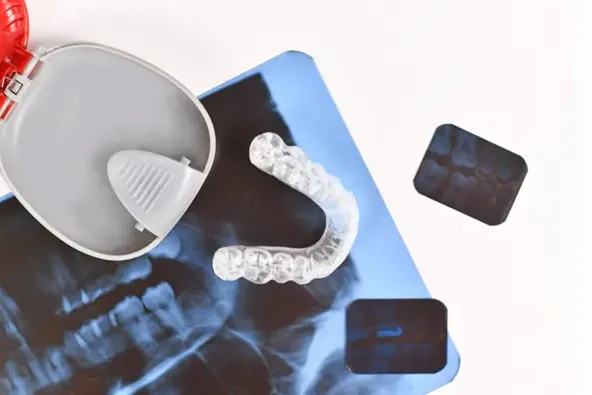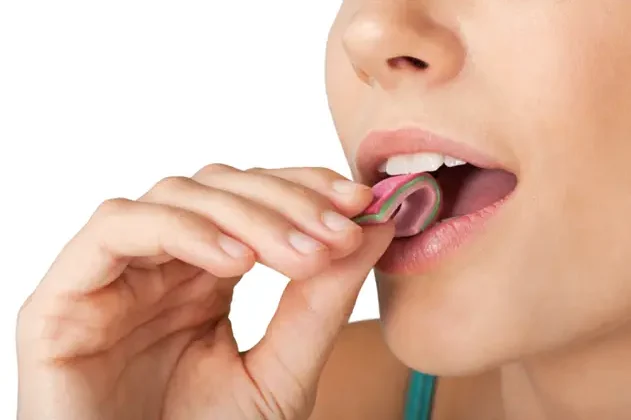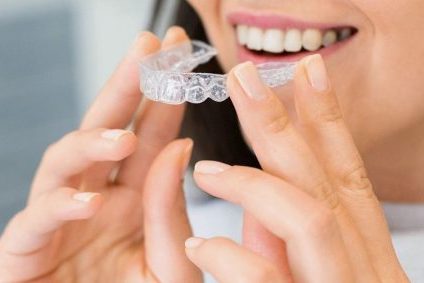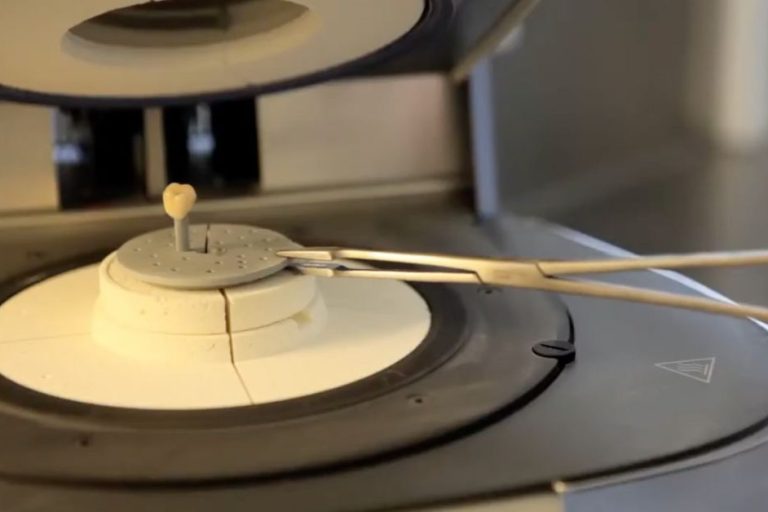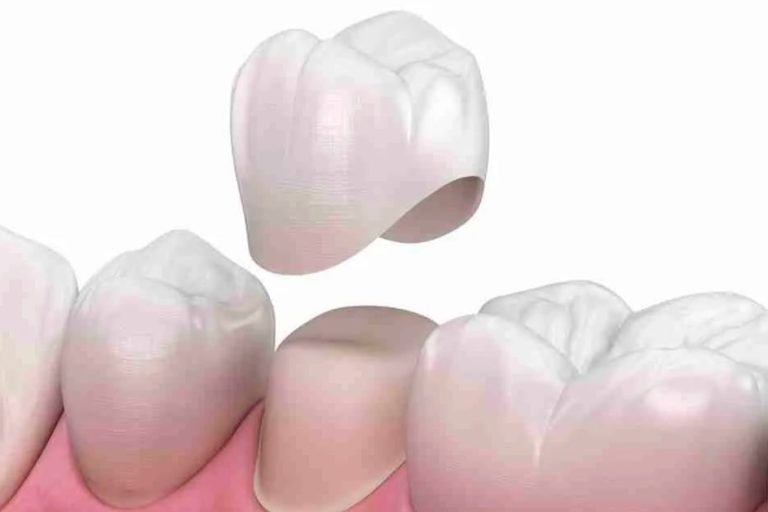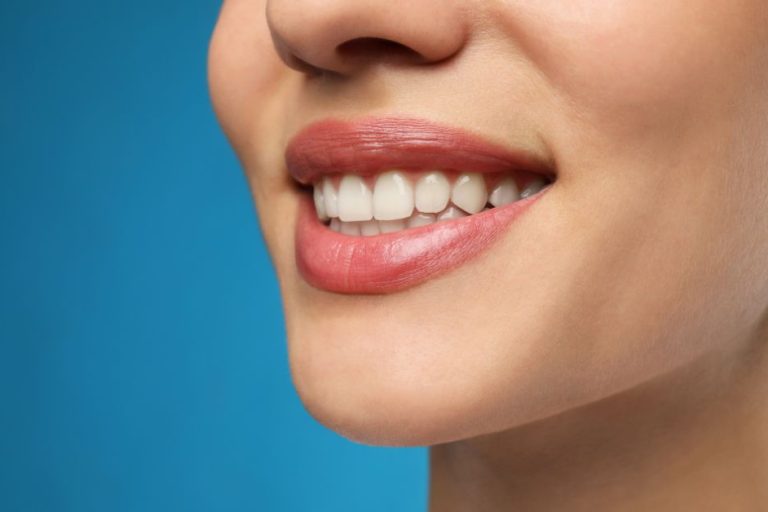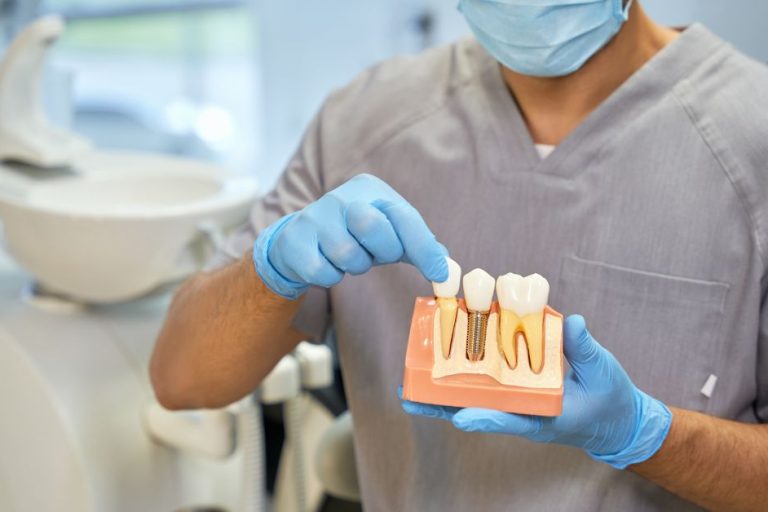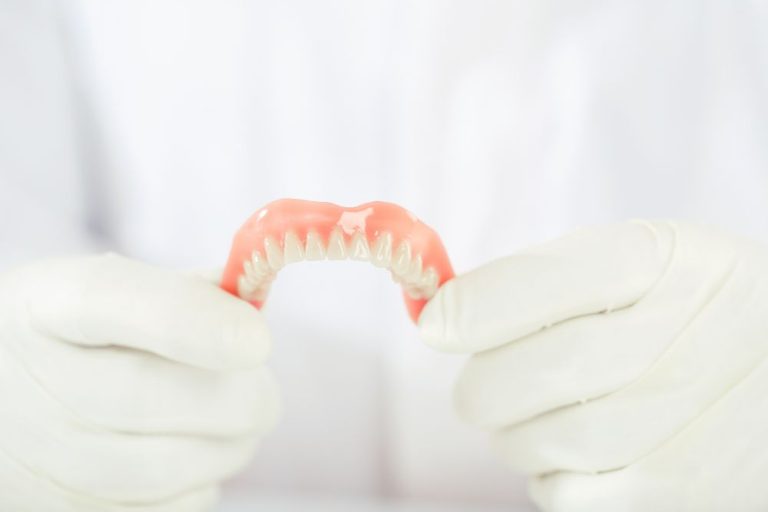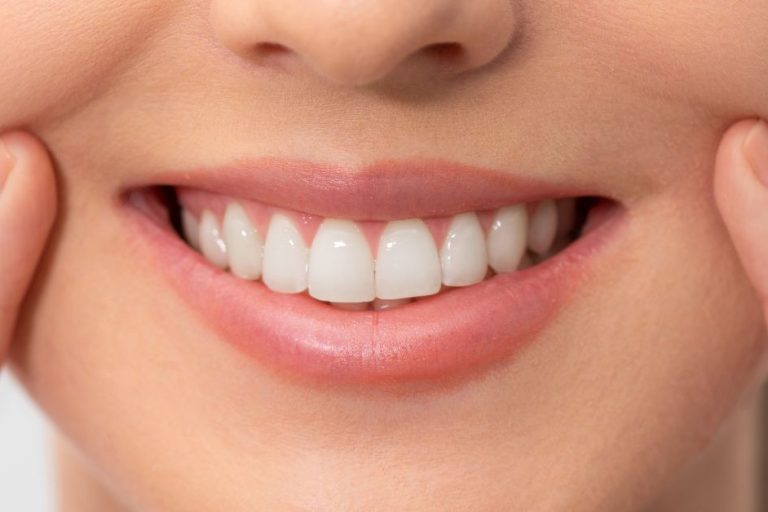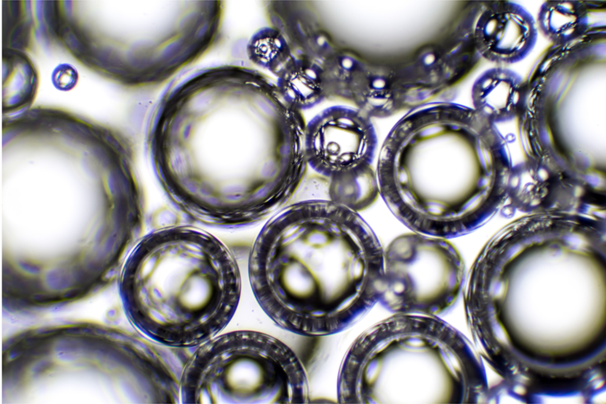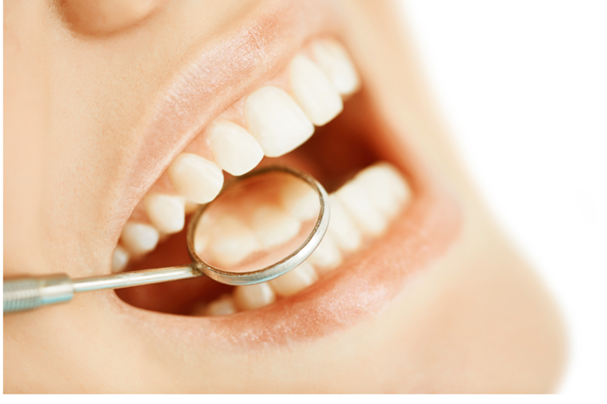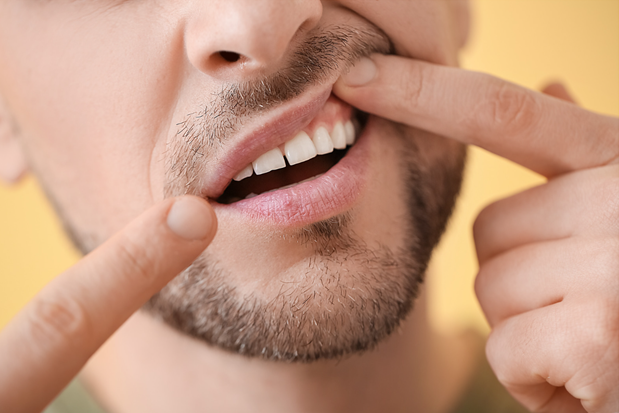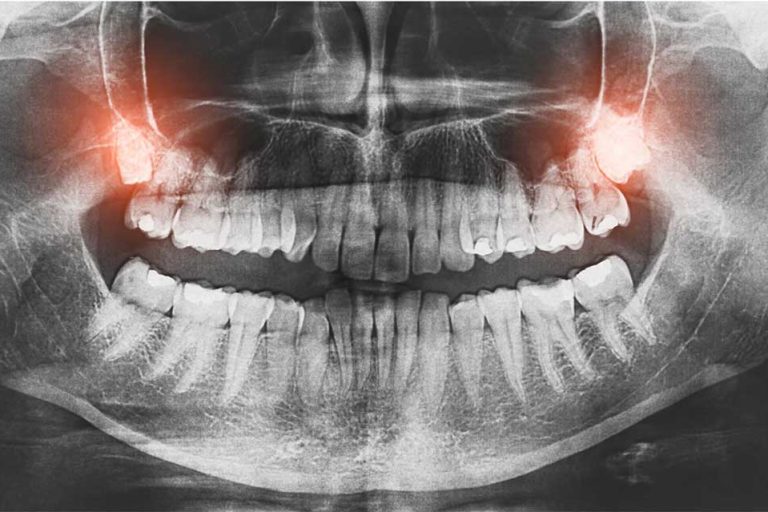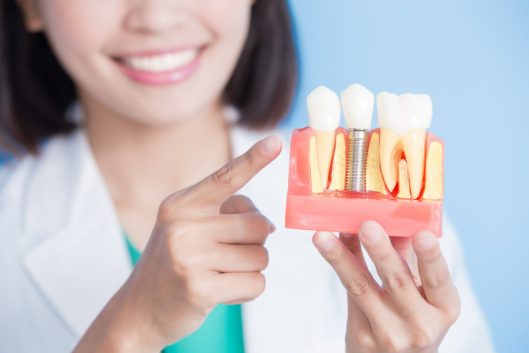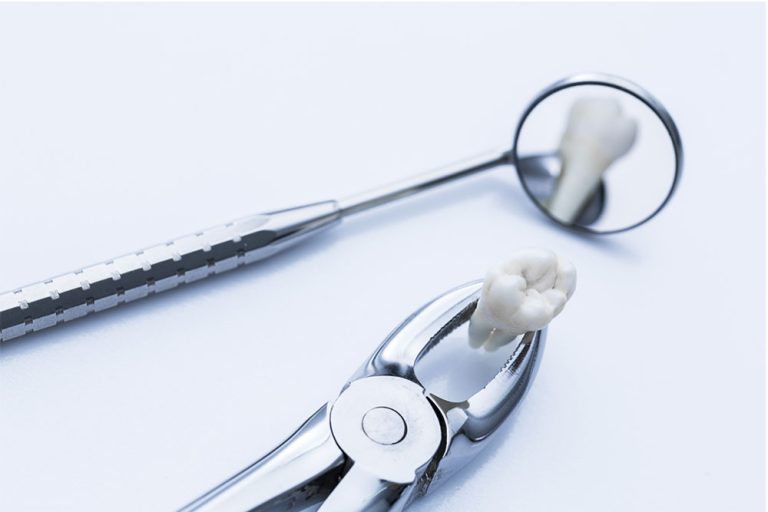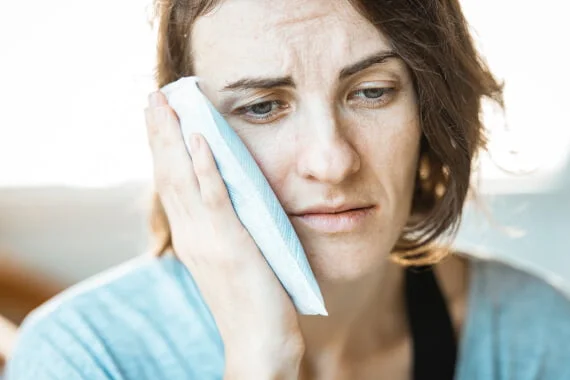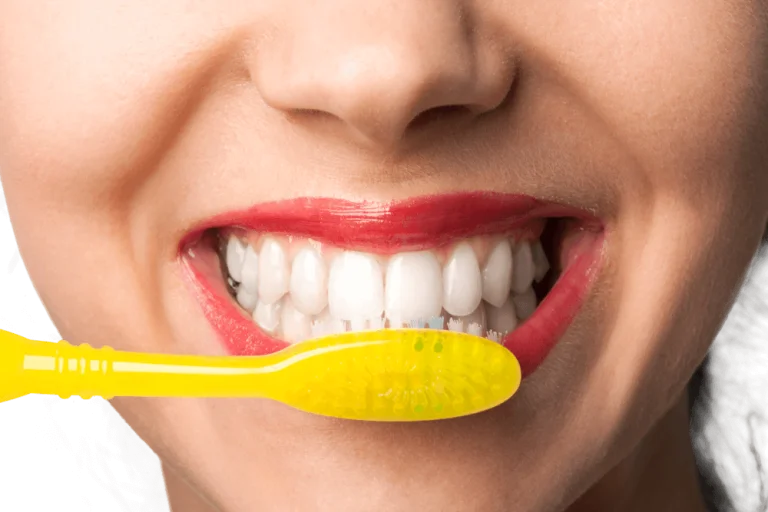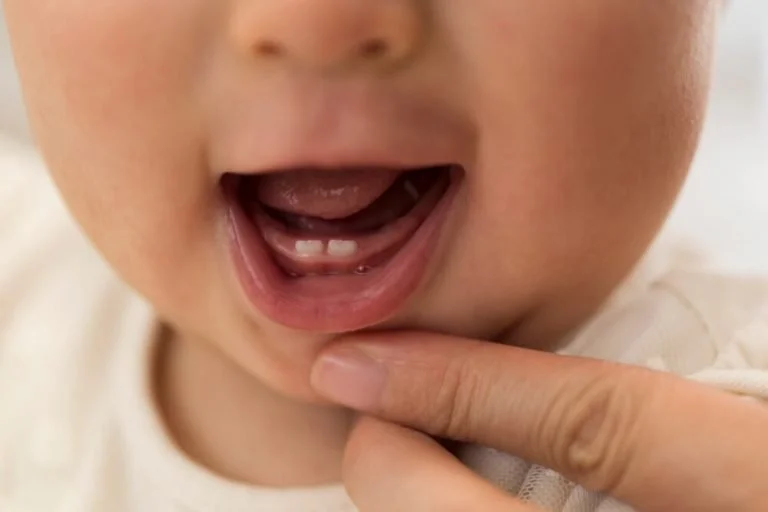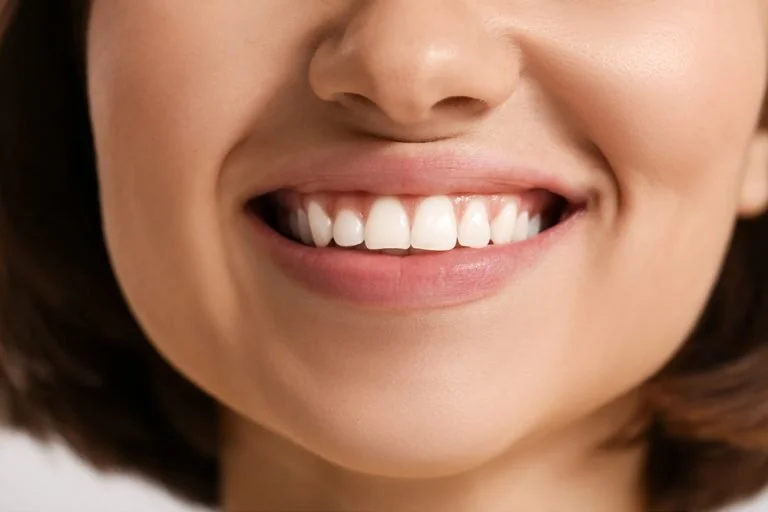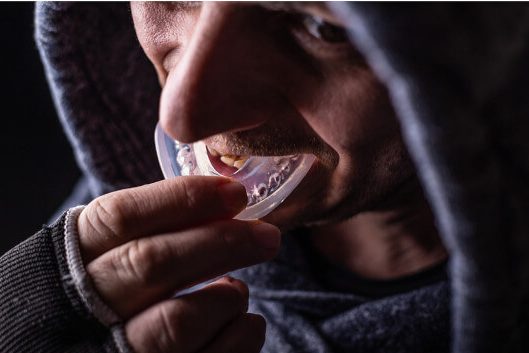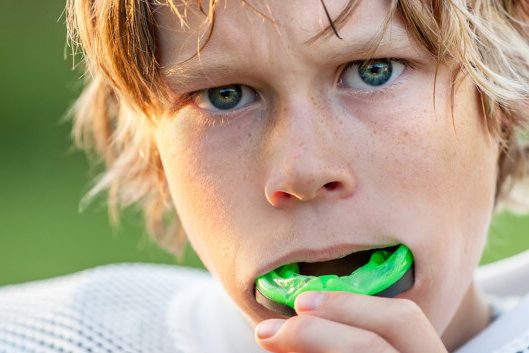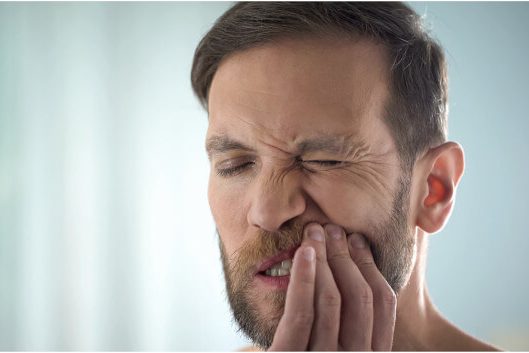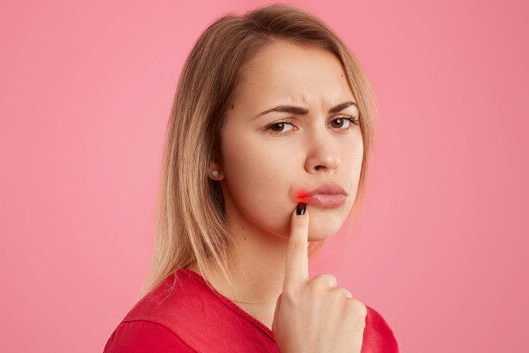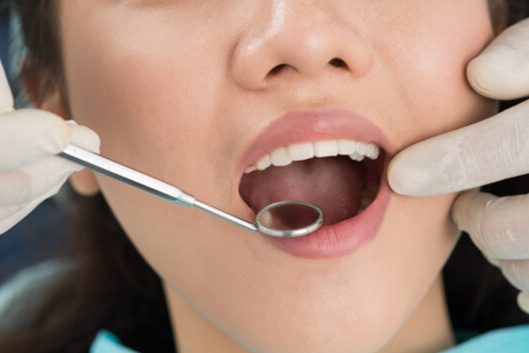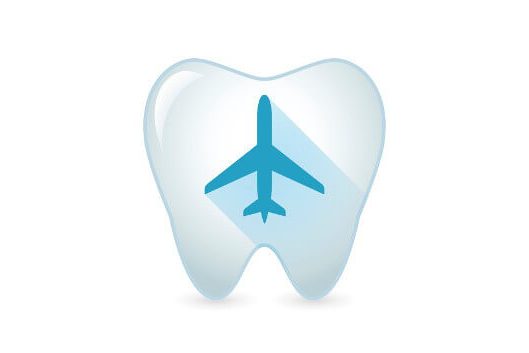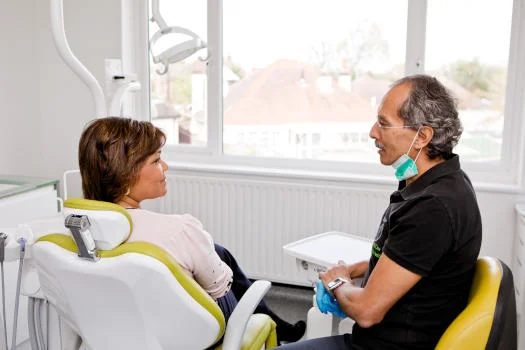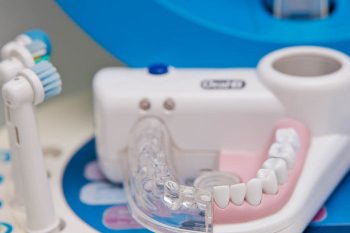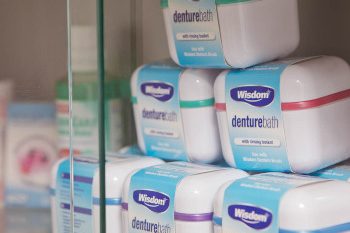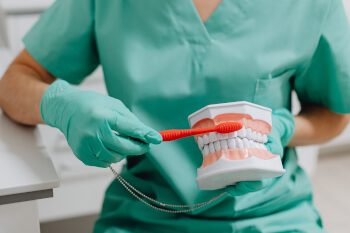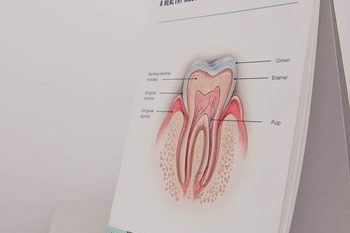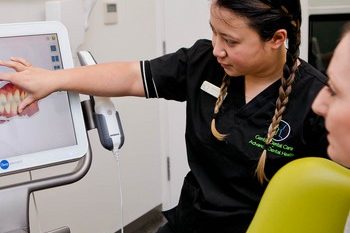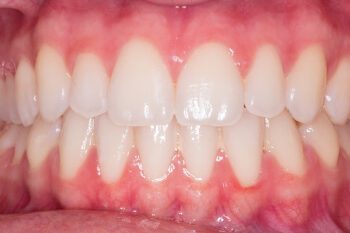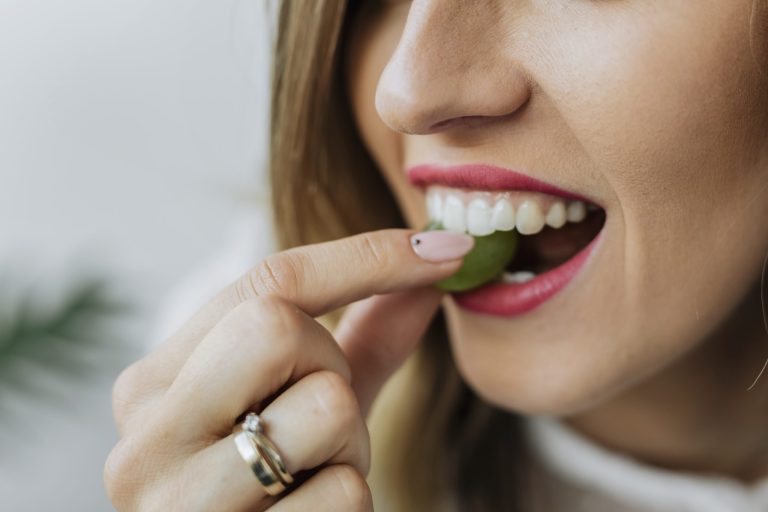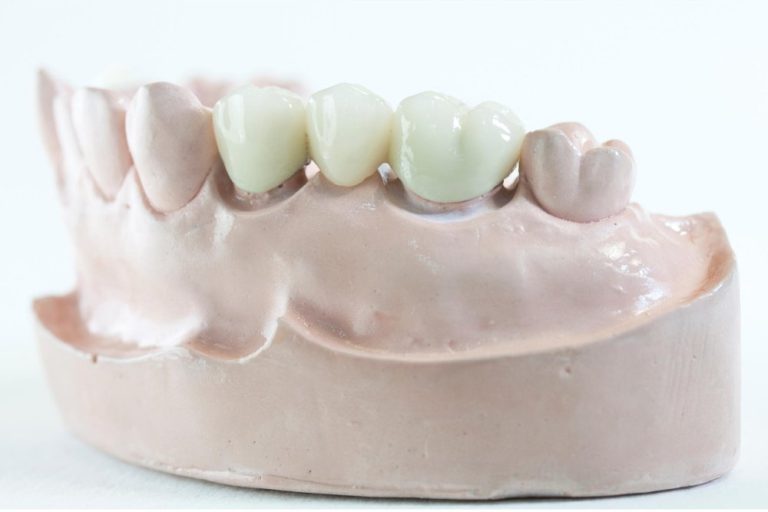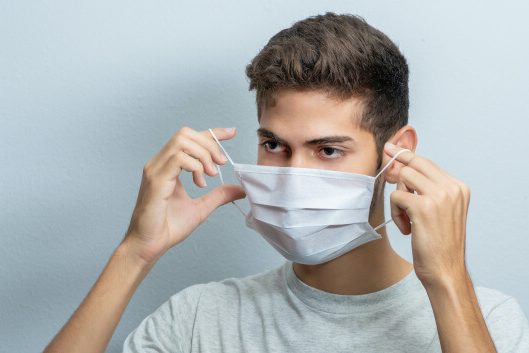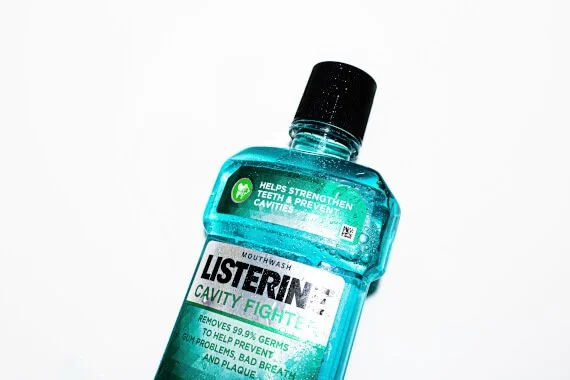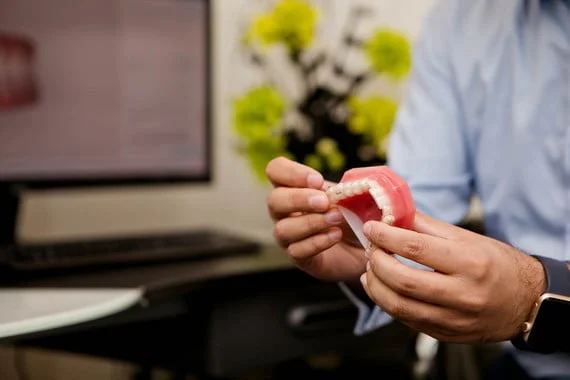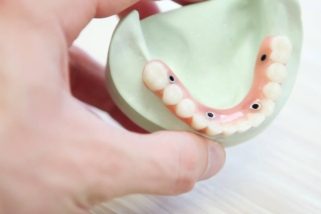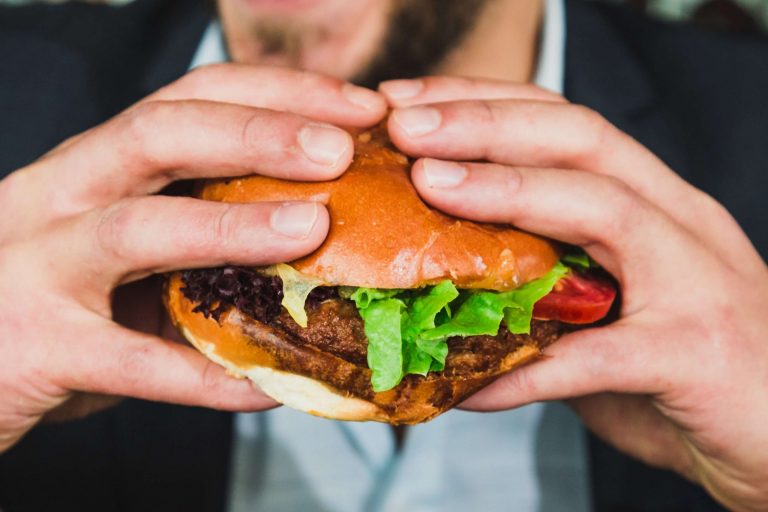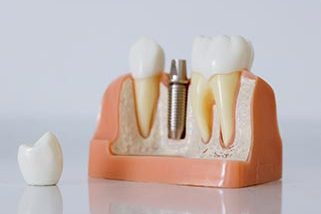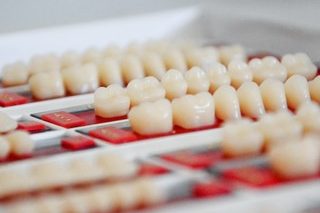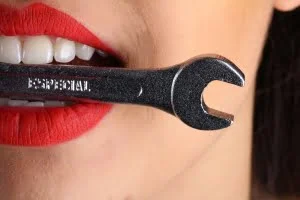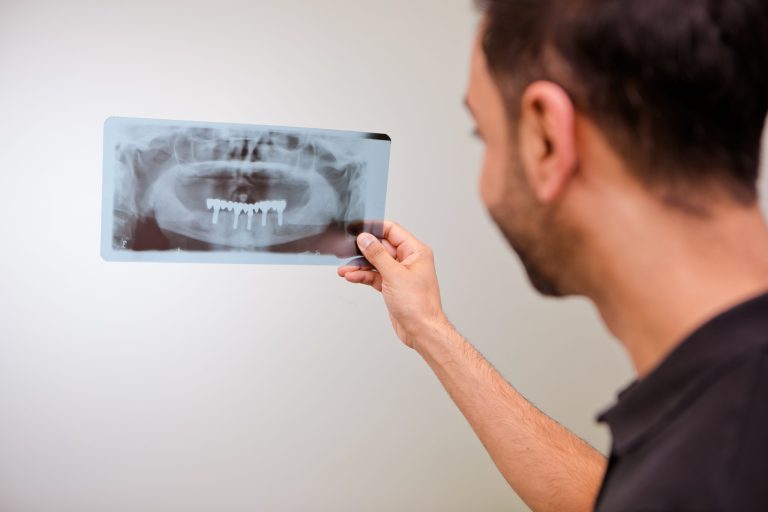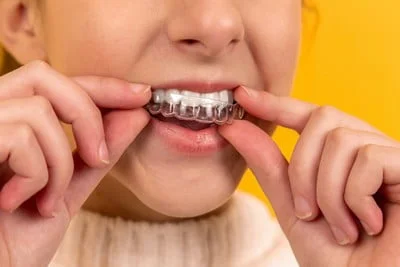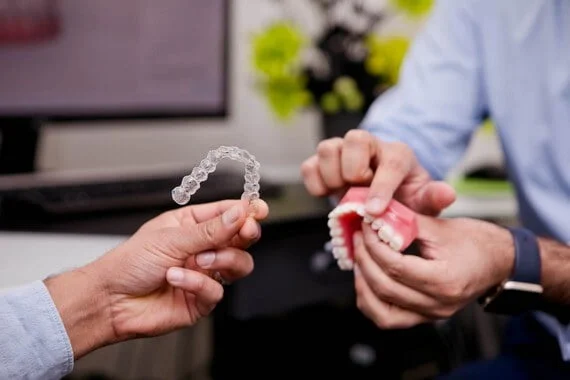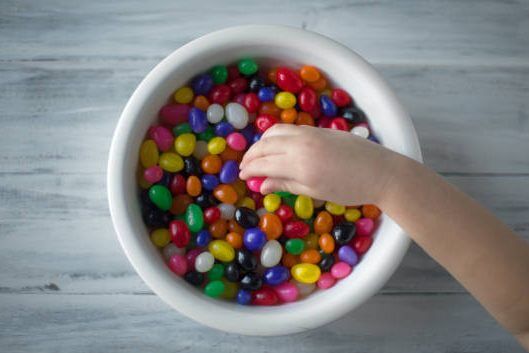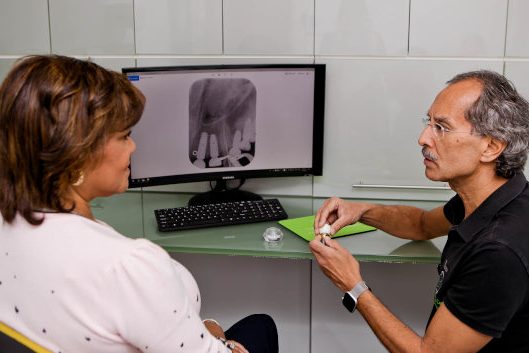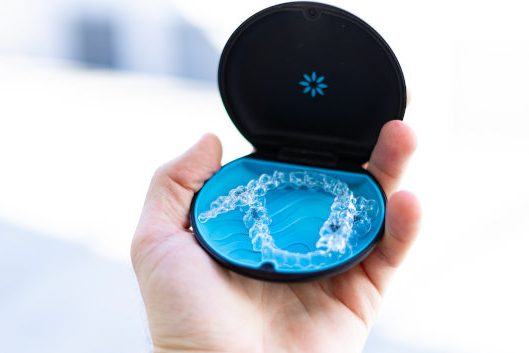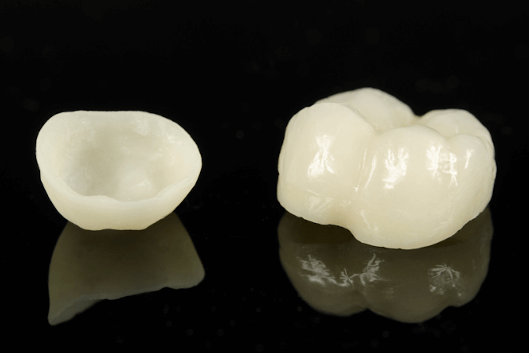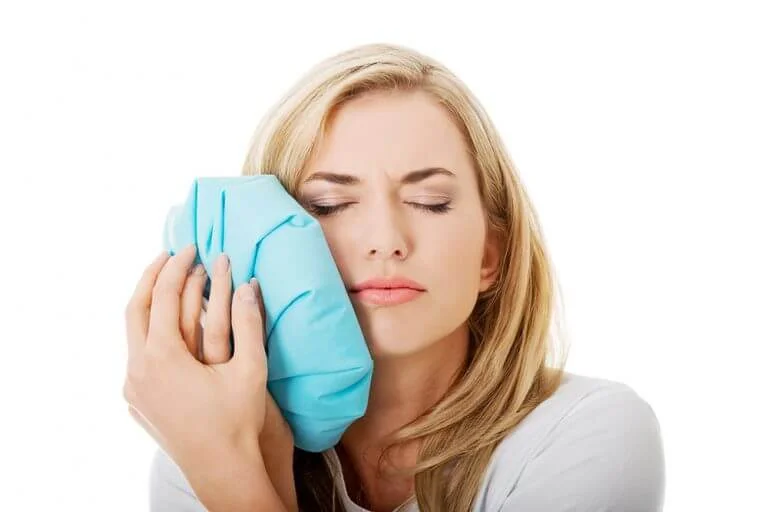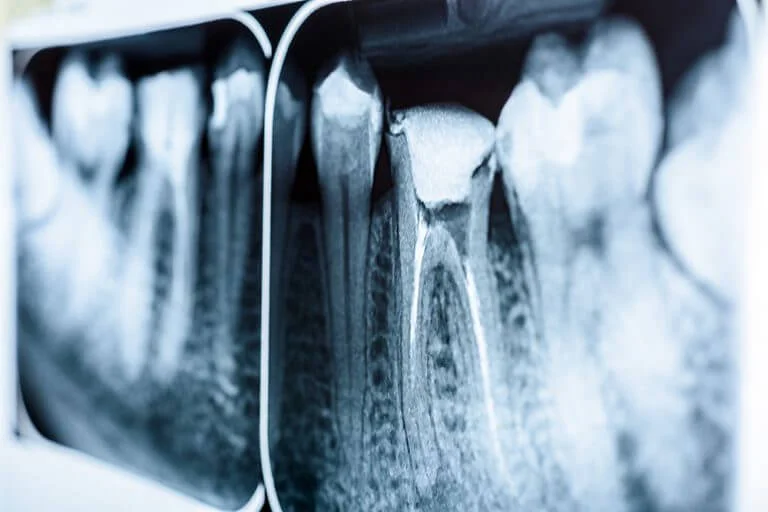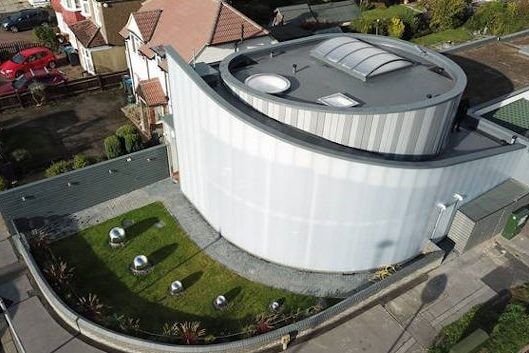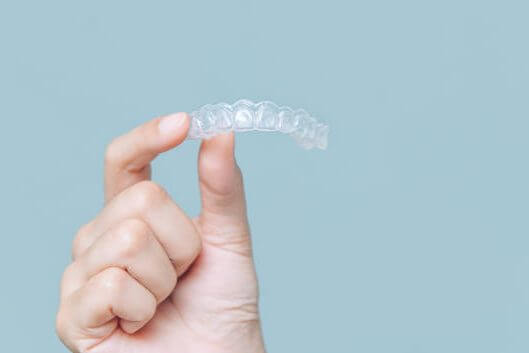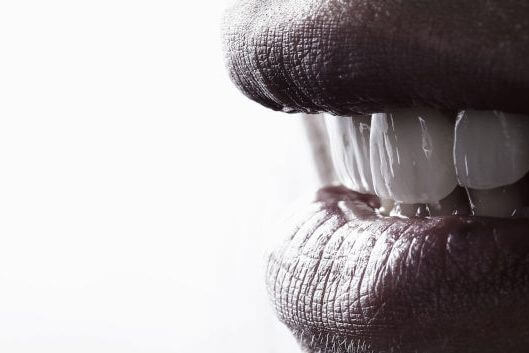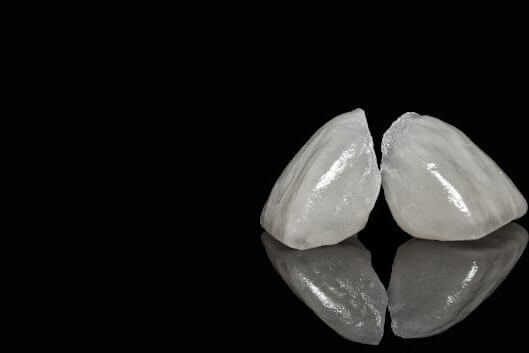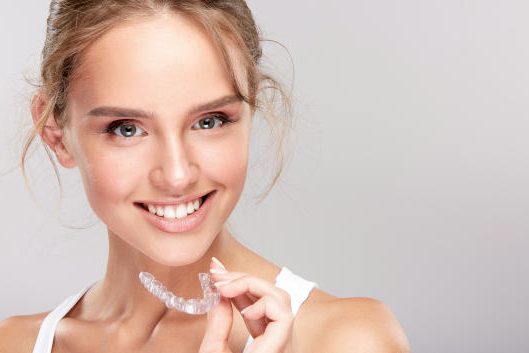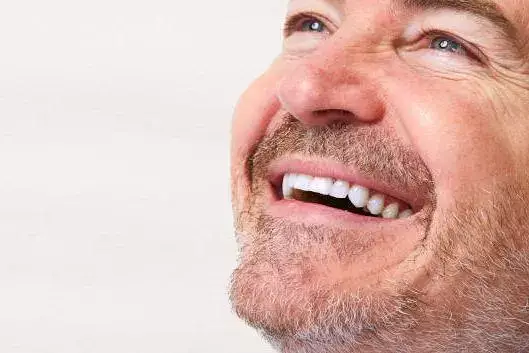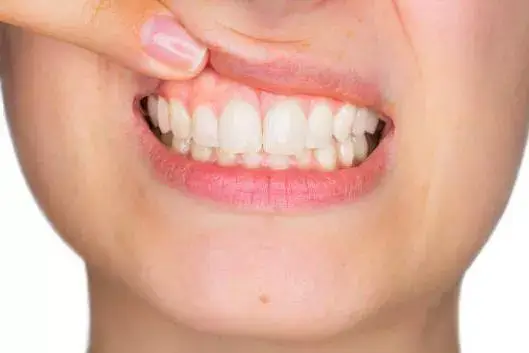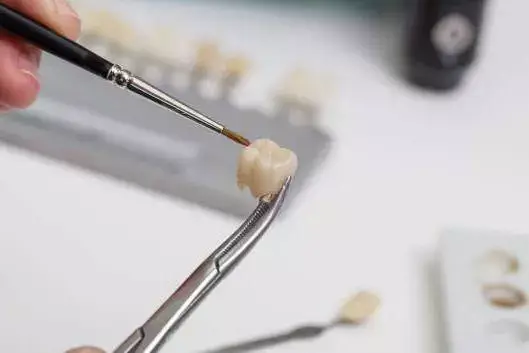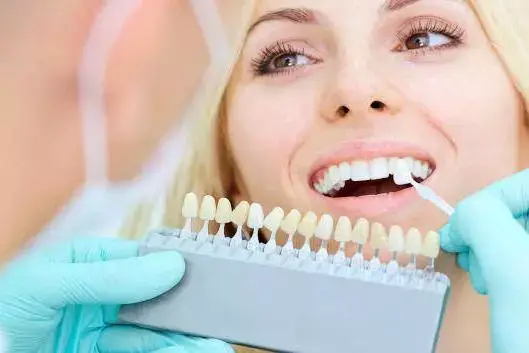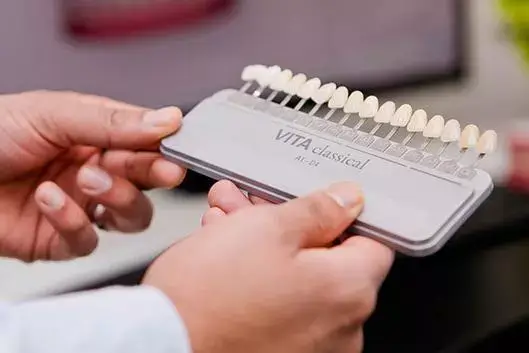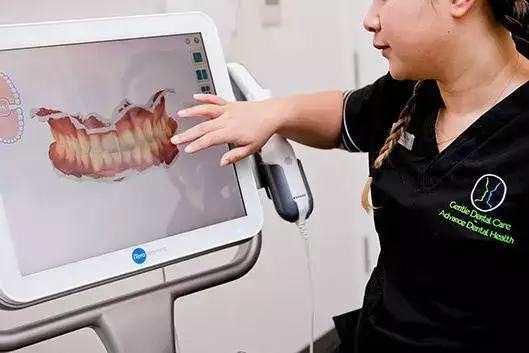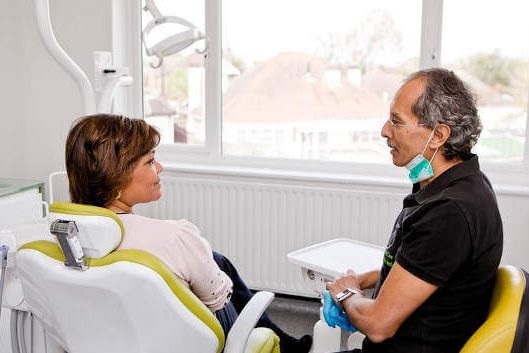Things you need to know about teeth whitening before you get it done
 A lot of patients ask us about tooth whitening, and we thought we would try and answer some of the most routine ones for you, so you are as informed as possible.
A lot of patients ask us about tooth whitening, and we thought we would try and answer some of the most routine ones for you, so you are as informed as possible.
The process involves three things:
- High quality dental bleach – this has been specially made to ensure results are predictable. If you use cheaper products you get more side effects like sensitivity and the results may not be as good.
- Good quality whitening trays – all this does is hold the bleach close to the tooth. This may be the most important aspect of the bleaching process and the key here is that the tray must be well fitting with a good seal. If the seal is no good, saliva can get underneath it and as soon as it touches the bleach it will start to break it down and the teeth won’t whiten as predictably. See photo below – the seal is poor. We always check them when they come back from the dental laboratory and if the seal is no good, we get them remade.

- Time – This depends on the concentration of bleach and the type of bleach you use. The best type is a slow release as then you get less side effects like sensitivity. That way you can use a higher concentration of bleach that will work better.
Common Questions About Dental Bleach Explained
1 – How long does it take?
Again, this depends on the type of bleach you use and the concentration.
- Hydrogen Peroxide is the fast release stuff
- Carbamide Peroxide is the slow release stuff
Generally, you will get faster results with higher concentrations and hydrogen peroxide, however quicker results mean more side effects. The normal strategy we recommend is using a higher concentration but using Carbamide Peroxide. This normally takes 2 weeks to work.
2 – What are the side effects?
Providing you use good quality bleach; the side effects should be minimal. The most common one is sensitivity. If you have sensitive teeth in the first place you can expect to get some during treatment, this is always temporary, and it goes away once you finish the tooth whitening process. If it gets very sensitive, then we recommend stopping for a day or two and then starting the process again. This helps to manage the sensitivity well.
3 – How long does whitening last?
Although tooth whitening is a great thing and the results achieved can be fantastic, the results are not permanent. The same things that caused your teeth to become discoloured will (eventually) cause them to go back to the colour they were before whitening. So, if you carry on having lots of red wine, smoking, eating curries etc. then your teeth will slowly become discoloured again. It does take years for them to return to the previous colour however it can happen. So, in order to maintain that nice white colour, we recommend topping up the bleach one or two nights every 5-6 months. The actual bleach is pretty cheap, just make sure you keep the whitening trays. In fact, to maintain that whiteness, it will probably cost around £10 per year.
4 – Does charcoal teeth whitening work?
No, the only things that have been clinically proven to whiten your teeth are bleach – hydrogen peroxide and carbamide peroxide. If it doesn’t have this in it, it doesn’t work.
The reason people think charcoal works is that it’s black and the contrast makes your teeth appear whiter. Let me explain – so you’re scrubbing away at your teeth for 3 minutes and they are all really black. It actually looks pretty funny, like your teeth are rotting. You actually think to yourself, “Gosh, my teeth look black, it’s so weird”.
Then you wash everything away with water and hey presto, they are white. They actually appear whiter because you just saw them really dark a second ago. It’s the same reason teeth will appear whiter on someone who has darker skin.
5 – How to whiten teeth instantly?
If you want to whiten your teeth instantly then you would want to use a high concentration of bleach that’s fast release (i.e. hydrogen peroxide).
6 – How does teeth whitening work?
The well-sealed trays hold the high quality dental bleach close to the tooth. The bleach travels through the tooth and starts to break down the stains. The stains are large particles which get trapped within the internal structure of the tooth. The bleach works by breaking them down into smaller particles which allow them to be released, thereby passing out of the teeth.
7 – How much does tooth whitening cost?
The prices you can find online will vary greatly and you can often find a “cheap” solution – whilst it is cheaper, it is not always best for the reasons noted above. At Gentle Dental Care, we only offer a premium high-end whitening because the results speak for themselves. We guarantee a minimum of a B1 shade so be assured you will get that result you want. The cost of tooth whitening is £695 but then the upkeep can be as low as £10 per year, provided you keep your whitening trays.
8 – What’s the difference between cheap offers you see and the high-quality solution we provide?
- High quality dental bleach
The thing you must remember about dental bleach is that it starts breaking down as soon as it’s made. So the longer it sits on your inventory, the weaker it becomes. Also, it must remain refrigerated as this slows down the break down. Our manufacturer is very picky and the moment it’s made it’s refrigerated, when it’s delivered it comes refrigerated and the moment it arrives in our dental practice the team know to put it straight into the fridge.
We have ordered cheaper products before and they are not delivered in any special packaging that’s been refrigerated. When we ask the company, they recommend to put it straight in the fridge but they make no mention of their own protocol which means they don’t follow their own instructions.
- Our trays have a good seal
We use high tech digital scanners to scan your teeth rather than taking an impression. This avoids the mistakes of poorly fitting trays which in turn means better results. The models are then 3D printed which is an incredibly accurate way of working as opposed to traditional methods.
9 – How to whiten your teeth naturally?
There are many proposed solutions for this but if you look at the science, none of it works. It’s very simple – you need bleach (hydrogen peroxide or carbamide peroxide) and without it, it won’t work. Whitening toothpastes don’t work as they don’t have bleach in them, they will simply remove the extrinsic surface staining from your teeth. The actual colour of your teeth is influenced by intrinsic staining and that’s what dental bleach gets rid of.
Call 020 3925 3846 or fill in our form to enquire about your consultation.

